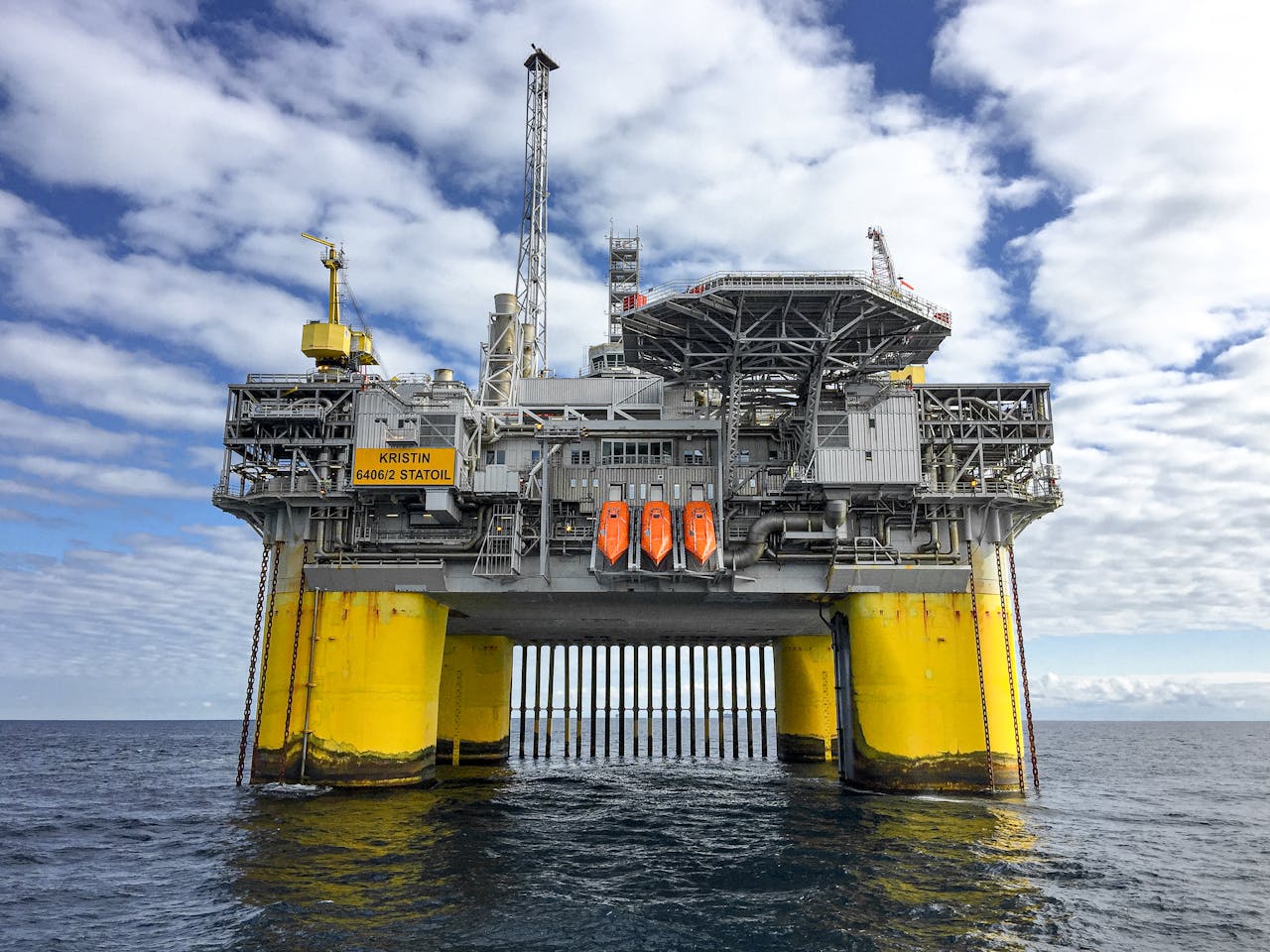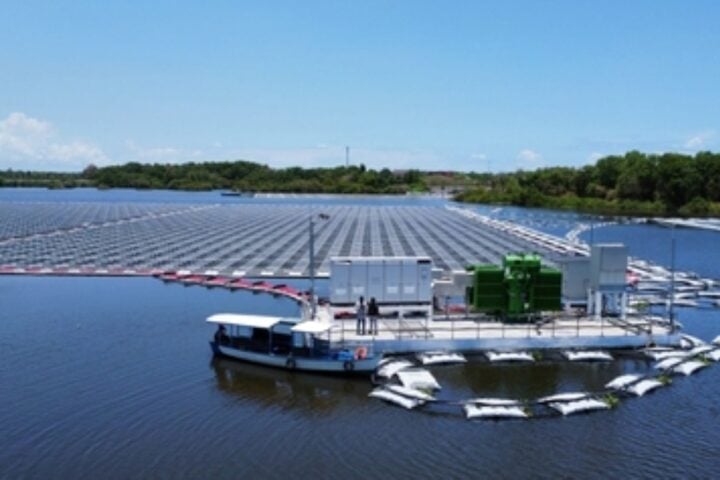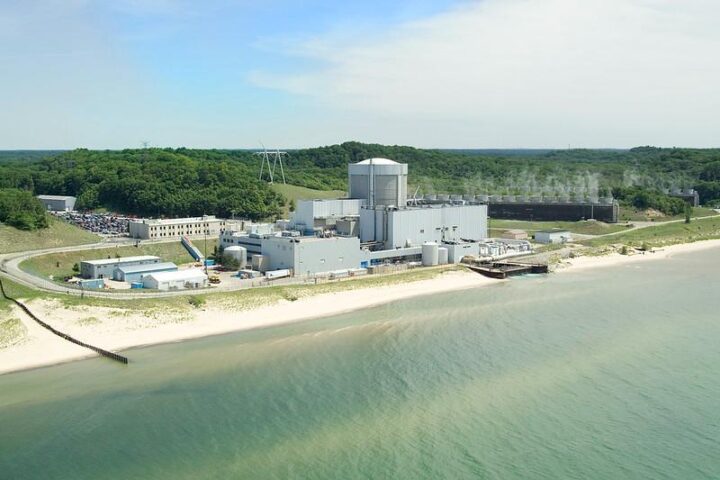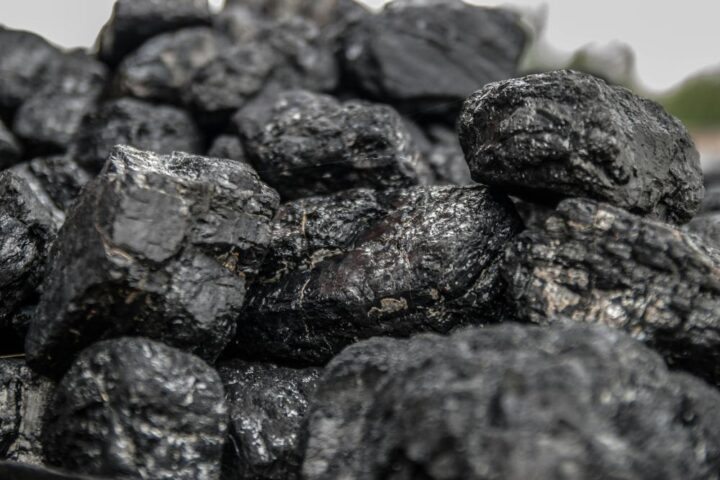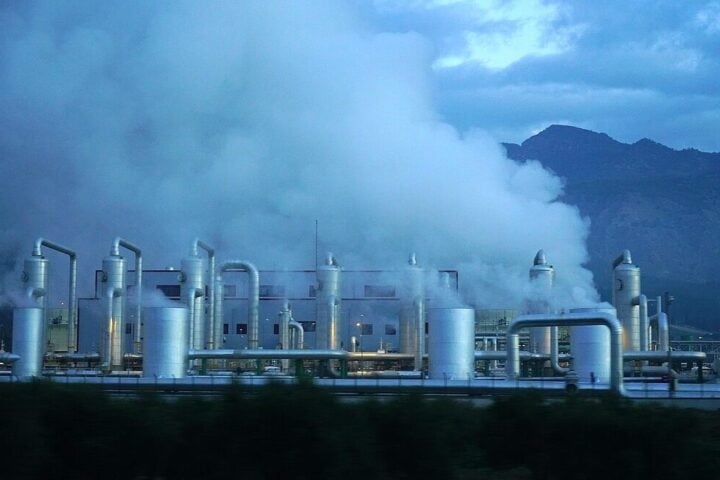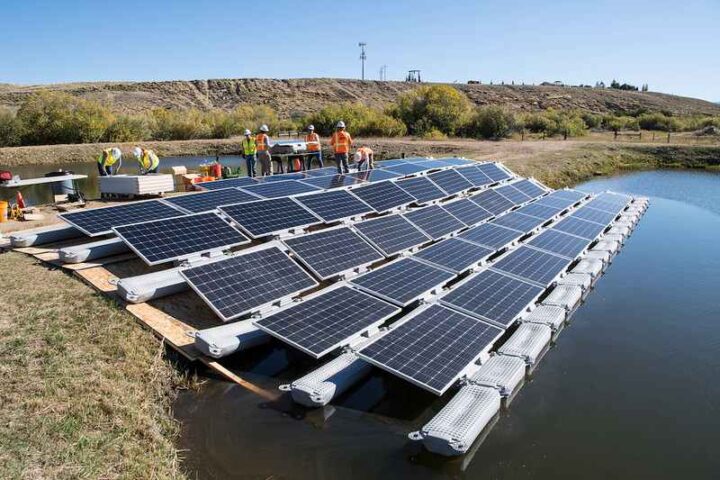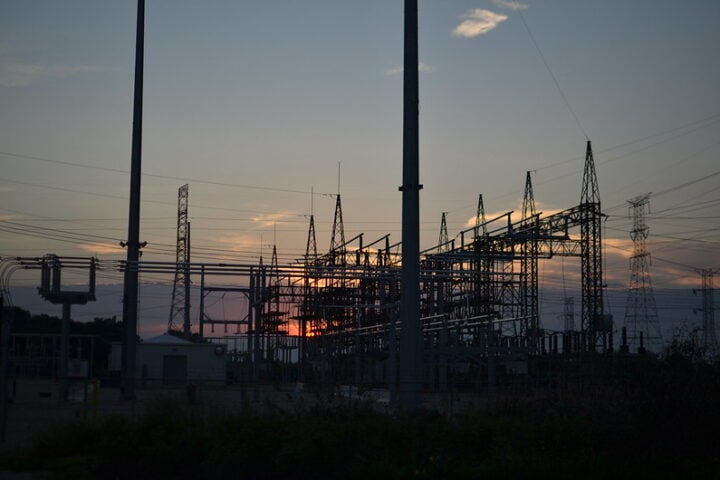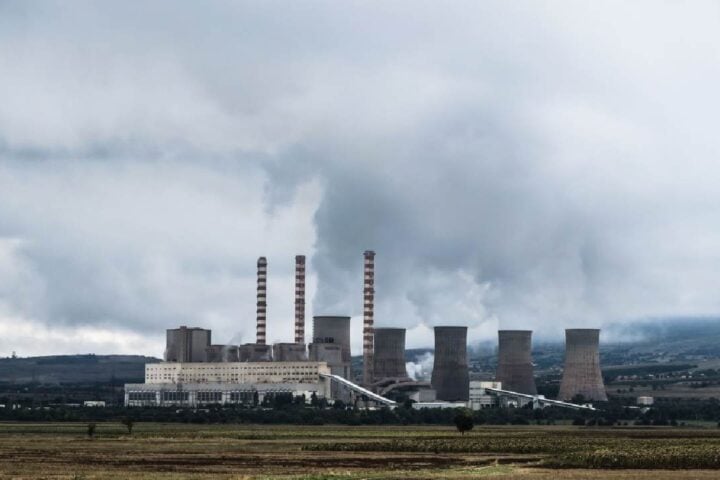President Biden has permanently banned new oil and gas drilling across vast stretches of U.S. coastal waters, protecting over 625 million acres from future development. The move affects the entire East Coast, Pacific waters off Washington, Oregon and California, the eastern Gulf of Mexico, and parts of Alaska’s Bering Sea.
The decision marks the largest-ever protection of federal waters from drilling, adding to Biden’s record of conserving over 679 million acres of America’s lands and waters – more than any previous president.
“These ocean waters are vital for tourism, recreation, and fisheries,” said Manish Bapna, president of the Natural Resources Defense Council. “By not allowing these public waters to be sold off to the highest corporate bidder, President Biden has put people and nature over polluters.”
The ban aims to shield coastal communities from oil spills while supporting local economies that depend on clean waters. The protected areas support significant tourism, fishing, and recreation industries. According to the Business Alliance for Protecting the Pacific Coast, the West Coast economy alone provides over $80 billion in GDP from ocean-dependent industries, supporting more than 825,000 jobs.
Environmental groups praised the decision as crucial for marine conservation. “History has unfortunately taught us that oil and gas drilling in the ocean inherently risks catastrophe,” Bapna noted, referencing the risks of oil spills and environmental damage.
More Stories
The oil and gas industry currently holds over 10 million acres of unused drilling leases on public lands and over 6,000 unused permits, according to Jennifer Rokala of the Center for Western Priorities. This suggests existing access to resources remains substantial despite the new restrictions.
The protection extends to vital marine ecosystems that support endangered species and fisheries. Indigenous communities in Alaska’s Bering Sea region, who have opposed offshore drilling since the early 1980s, welcomed the safeguards for their traditional waters.
“Our traditional waters of the Bering Sea are interconnected, and protecting these waters helps ensure our food sovereignty, our cultural, economic, physical and traditional existence, and our very survival,” said Jaylene Wheeler, Executive Director of the Bering Sea Elders Group.
The ban faces potential opposition from industry groups and could be challenged by future administrations. However, courts have previously upheld similar protections implemented under Section 12(a) of the Outer Continental Shelf Lands Act, which gives presidents authority to withdraw offshore areas from leasing.
While the decision advances Biden’s climate agenda, it also reflects growing bipartisan recognition of coastal protection needs. The move builds on previous withdrawals by both Democratic and Republican administrations, including areas protected under former President Trump in 2020.
For coastal residents and businesses, the ban provides long-term certainty about their waters’ future. “Opening all federal waters to offshore exploration and drilling posed serious threats to coastal economies and ecosystems that are critical to millions along the coast,” said Sandra Bundy, President of the Business Alliance for Protecting the Atlantic Coast.
